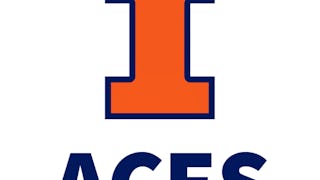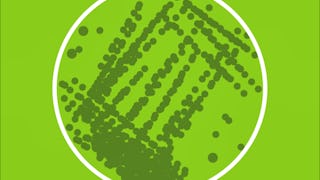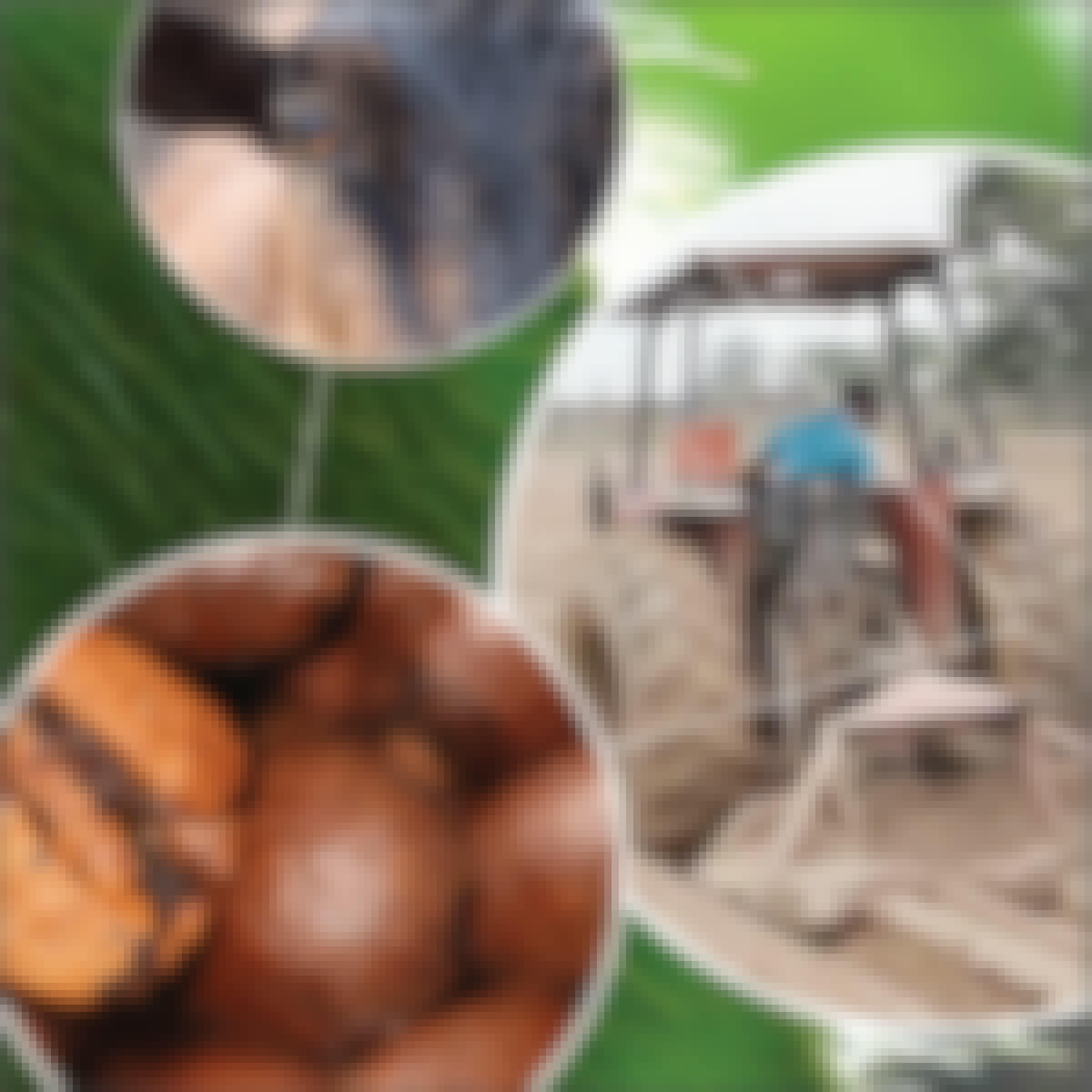Filter by
SubjectRequired
LanguageRequired
The language used throughout the course, in both instruction and assessments.
Learning ProductRequired
LevelRequired
DurationRequired
SkillsRequired
SubtitlesRequired
EducatorRequired
Explore the Water Course Catalog

Dartmouth College
Skills you'll gain: Environment, Environmental Issue, Environmental Science, Water Resources, Environmental Policy, Biology, Systems Thinking, Energy and Utilities, Physics, Chemistry

University of New Mexico
Skills you'll gain: Cultural Responsiveness, Cultural Diversity, Biology, Preventative Care, Health Care, Patient Education and Support, Health Assessment, Anatomy, Nutrition and Diet, Mental Health, Environmental Science, Stress Management, Scientific Methods
 Status: New
Status: NewUniversity of Illinois Urbana-Champaign
Skills you'll gain: Land Management, Water Resources, Risk Management, Real Estate, Legal Risk, Balance Sheet, Food and Beverage, Supply Chain, Environmental Social And Corporate Governance (ESG), Investments, Commercial Real Estate, Property and Real Estate, Risk Mitigation, Business Risk Management, Transportation, Supply Chain, and Logistics, Asset Management, Financial Analysis, Decision Making, Supply Chain Management, Consumer Behaviour
 Status: Free
Status: FreeUniversity of California San Diego
Skills you'll gain: Biochemistry, Manufacturing and Production, Food and Beverage, Chemical Engineering, Pharmaceuticals, Biology, Taxonomy, Environmental Science, Microbiology, Process Engineering, Environmental Engineering, Chemistry, Laboratory Testing

Università Bocconi
Skills you'll gain: Innovation, Competitive Analysis, Food and Beverage, Corporate Sustainability, Market Dynamics, Business, Water Resources, Supply Chain Management, Environment and Resource Management, Natural Resource Management, Emerging Technologies, Economics, Product Knowledge

University of Michigan
Skills you'll gain: Demography, Environmental Regulations, Environmental Policy, Environment Health And Safety, Environmental Issue, Pollution Prevention, Sanitation, Public Health, Water Resources, Environmental Science, Radiation Protection, Community Health, Hazard Communication (HazCom), Chronic Diseases

Johns Hopkins University
Skills you'll gain: Sanitation, Crisis Intervention, Public Health, Water Resources, Chronic Diseases, Emergency Response, Public Safety and National Security, Nutrition and Diet, Community Health, Health Systems, Environmental Resource Management, Health Care, Infectious Diseases, Food Safety and Sanitation, Risk Management, International Relations
 Status: Free
Status: FreeUniversity of Copenhagen
Skills you'll gain: Waste Minimization, Corporate Sustainability, Supply Chain, Systems Thinking, Environmental Resource Management, Environment, Environmental Science, Innovation, Nutrition and Diet, Public Policies, Small Business Accounting

École Polytechnique
Skills you'll gain: Water Resources, Hydraulics, Data Analysis, Real Time Data, Physical Science, Estimation, Spatial Data Analysis, Environment and Resource Management, Mathematical Modeling, Environmental Engineering, Applied Mathematics, Systems Of Measurement, Mechanics
 Status: Free
Status: FreeThe Pennsylvania State University
Skills you'll gain: Nutrition and Diet, Manufacturing and Production, Market Dynamics, Operating Cost, Business Economics, Water Resources, Production Management, Environmental Management Systems, Environment, Molecular Biology
 Status: Free
Status: FreePontificia Universidad Católica de Chile
Skills you'll gain: Experimentation, Engineering, Environment, Systems Of Measurement, Water Resources, Thermal Management, Chemistry, Scientific Methods, Laboratory Equipment
 Status: Free
Status: FreeUniversidad Nacional Autónoma de México
Skills you'll gain: Electrical Wiring, Hydraulics, Plumbing, Basic Electrical Systems, Water Resources, Electrical Safety, Construction, Architecture and Construction, Construction Engineering, Building Codes, Structural Engineering
Water learners also search
In summary, here are 10 of our most popular water courses
- Environmental Science: Dartmouth College
- Curanderismo: Traditional Healing Using Plants: University of New Mexico
- Agribusiness and Sustainable Food Production Economics: University of Illinois Urbana-Champaign
- Introduction to Algae: University of California San Diego
- Challenges of Agribusiness Management: Università Bocconi
- Environmental Hazards and Global Public Health: University of Michigan
- Public Health in Humanitarian Crises 1: Johns Hopkins University
- Transformation of the Global Food System: University of Copenhagen
- Wind resources for renewable energies: École Polytechnique
- Dairy Production and Management: The Pennsylvania State University










